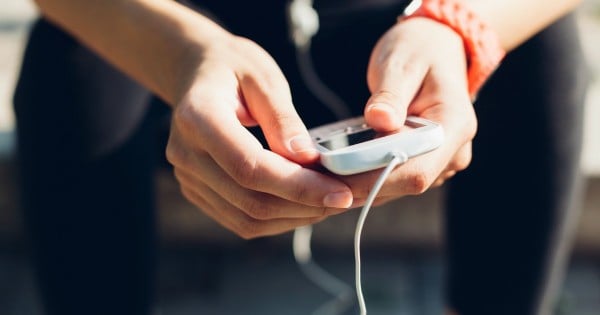
These days, it can seem like stress is taking over our lives. But what if we told you that you have the power to control it?
Yes, we’re on tighter deadlines at work, we’re doing more in our downtime, and disconnecting from technology to recharge can seem like an impossible proposition.
BUT there are legit science approved things you can do to reduce anxiety and increase your confidence and happiness.
And the best part is, they actually work.
Power pose.
Yep, standing like Wonder Woman might make you feel like an idiot, but its effects on your body on a chemical level are incredible.
Studies conducted by Harvard University found that “power posing” – that is any pose which increases the space you take up around you, for example: standing with your legs spread, chest out and hands on your hips – for even just two minutes can increase your levels of testosterone, which affects your confidence, and decrease your levels of cortisol, which causes stress.
Experts recommend “power posing” before important meetings, big presentations, or in any situation where you feel anxious or would like to feel more powerful.































































































